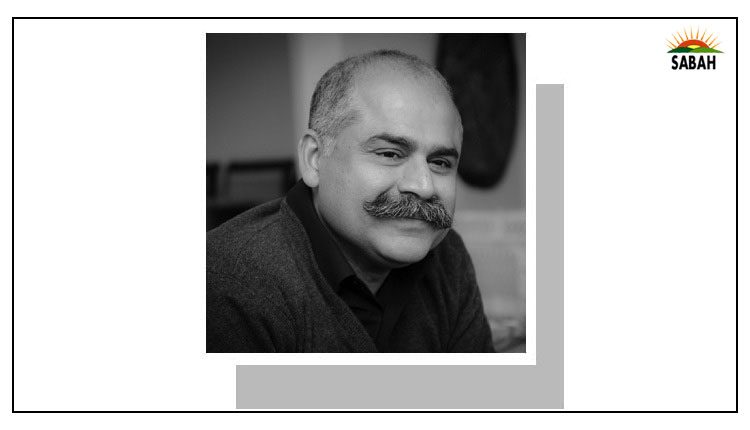War in tea leaves…Shahzad Sharjeel
CAN one nations freedom become a millstone around anothers neck? That too across oceans and over mountains as mighty as the Himalayas? The answer, unfortunately, is, yes.
The Brits and their cousins in America had to have their tea. The Chinese would only sell it for silver dollars. The American War of Independence scuttled silver mining. Jack Beeching has meticulously documented in The Chinese Opium Wars how by 1781 no silver remittances had reached India for two years. To make matters worse for the East India Company and its patrons in London, opium production of two years from Patna remained unsold. The quadrangle of tea-silver-opium-war came together.
Boston was not just the scene of the Tea Party but also home to clans called Boston Brahmins. These traders some in their teens monopolised Americas opium trade with China. Amitav Ghosh, author of Smoke and Ashes, holds that almost all merchant communities in East and West India had their initial capital accumulation through opium. The generally peaceable and philanthropic Parsis were no exception. Rustomjee Cowasjees clippers Sylph and Cowasjee Family were considered the fastest vessels in the opium trade. In fact, philanthropy is the common hallmark of opium fortunes from India to Holland and from Britain to the US.
Things have a way of coming full circle. After decades of trying to stem the tide of foreign drugs like heroin, cocaine, ice, etc, the US faces a made in America opioid pandemic. Powerful family names have been tarnished, skeletons are tumbling out of cupboards, and foundation plaques have been removed as university and museum links to opium come to the fore. Poppies are, after all, not just flowers.
Drugs, wars, civil unrest and politics go hand in hand.
The name Abbot, avarice and Americans it appears are destined to be intertwined. The most wanted man on earth was discovered in Abbottabad. Abiel Abbot Low, progenitor of the leading family of entrepreneurs and philanthropists after whom Columbia Universitys Low Library is named, made his fortune in opium.
Assuming you are hooked by now, lets tell the tale from the beginning. The vernacular term posti (lethargic) is derived from post, Persian for the poppy bulb.Another term used for these substance abusers is afyonchi, which reflects the drugs antecedents more closely and precisely. Afyon is a region in Turkey that was famous for its poppy crop in the olden days. Opiums medicinal use is miraculous, especially for pain management amongst the chronically ill, and has been employed for millennia. Opium forms the basis for most other, non-chemical illicit drugs and has posed a major problem for governments for well over a century. Poppy and its main derivative morphine are essential for pharmaceutical purposes, and preventing them from falling into the wrong hands has proved near impossible; the profit margins are just mind-boggling.
No other nation knows the debilitating effects of opium dependence like our Chinese friends. No other nation has so brazenly forced it upon a hapless people as the British did from their colonial perch in India. Two major wars were imposed on China between 1839 to 1860 to force it to not just open its ports for the British ships carrying opium, but making it mandatory for the Chinese to buy this agent of destruction and allow its free use across the land. China lost both wars, the first war ended with the Nanking Treaty through which China had to cede Hong Kong.
Availability of illicit drugs and the challenges of managing Pakistans more than 2600-kilometre-long border with Afghanistan across which all sorts of troubles move back and forth hogs so much of our attention that the lack of sufficient regulation and the resultant abuse of over-the-counter opioids is hardly ever mentioned. Visit any pharmacy across the country, diddle about for a while, and start counting the number of people who ask for relaxants but fail to produce any prescription. What makes dozens of medicines open to abuse, unfortunately, is also found, albeit in lower volume, in something that does not require a doctors prescription, ie, cough syrup.
Drugs, wars, civil unrest and politics go hand in hand. Those calling for a cap, and rightly so, on the range of punishments that can be meted out by military courts, must also think about how various types and quantities of drugs inexplicably show up in the possession of political opponents. Planting 20 kilograms of heroin on a member of the opposition is as bad as ensuring capital punishment, military courts or not. One hopes that our jails become rehab centres for all prisoners, present and future. No one begrudges an occasional mattress, a fan, or a home-cooked meal, but a red line must be drawn against white lines behind bars.
Courtesy Dawn












